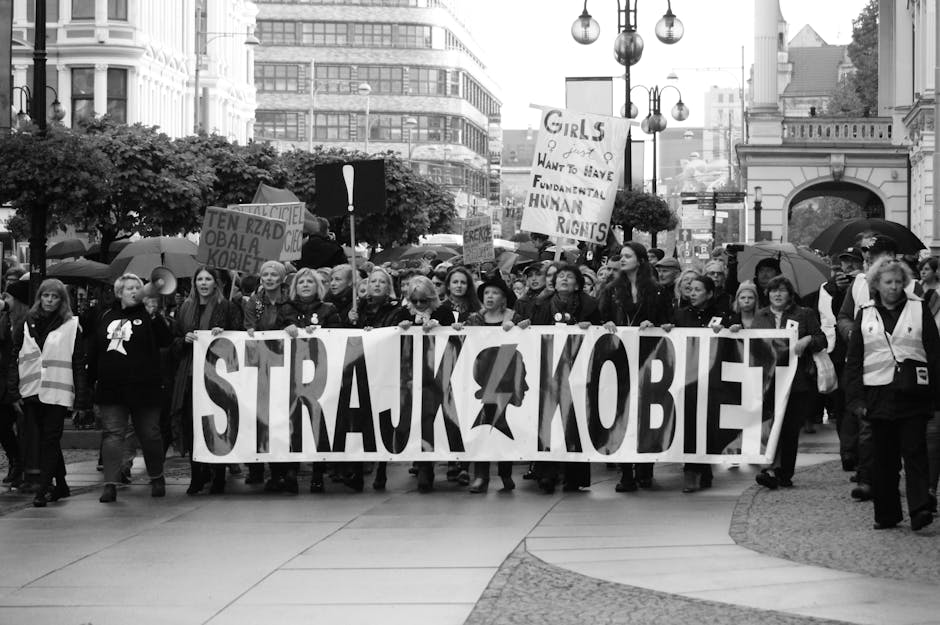Tourist Hotspots Boil Over: Locals Fight Back Against Overcrowding and Rising Costs
Tourist Hotspots Boil Over: Locals Fight Back Against Overcrowding and Rising Costs

Southern Europe’s sun-drenched shores, usually a haven for vacationers, became the backdrop for a wave of anti-tourism protests this weekend. From Barcelona to Venice, frustrated locals took to the streets, targeting tourists in a coordinated effort to demand change.
The demonstrations weren’t spontaneous outbursts; they were the culmination of years of simmering resentment over rising housing costs, stagnant wages, and the overwhelming influx of tourists. Protesters, united under various banners, voiced their anger towards what they see as a tourism model that benefits few while burdening many.
Spain: A Flashpoint of Frustration
Spain, a perennial favorite among tourists, bore the brunt of the protests. In Barcelona and Majorca, demonstrators used water pistols to playfully, yet pointedly, disrupt the holiday atmosphere. The larger demonstrations, however, focused on the government’s perceived failure to regulate the tourism industry and the impact of companies like Airbnb on housing costs. Thousands rallied in Majorca alone, with hundreds more joining protests in other cities like Granada, San Sebastián, and Ibiza. “Barcelona has been handed to the tourists,” one protester explained. “This is a fight to give Barcelona back to its residents.”
Italy: Venice’s Watery Struggle
Venice, a city already grappling with the effects of overtourism, saw further demonstrations. Protesters unfurled banners demanding a halt to new hotels, highlighting the displacement of residents due to the booming holiday rental market. The upcoming wedding of Amazon founder Jeff Bezos in the city further fueled the tension, symbolizing the perceived disconnect between tourism’s economic benefits and the strain on local life. Similar protests took place in Genoa, with residents staging a symbolic “noisy stroll” to draw attention to the issue.
Portugal: Digital Nomads Add to the Pressure
In Lisbon, the protests focused on the impact of “touristification” and the influx of digital nomads. While tourism plays a role, the generous tax incentives attracting tech workers have contributed significantly to rising rental costs, squeezing out long-term residents. The disparity between the high earning potential of digital nomads and the wages of many Portuguese workers further exacerbated the situation.
Greece: A Mounting Tension
Though not directly targeted by this weekend’s coordinated protests, Greece has also witnessed growing anti-tourism sentiment in recent months. Past demonstrations and graffiti have highlighted similar concerns about overcrowding, noise pollution, and rising property prices fueled by the short-term rental market.
These protests serve as a stark reminder of the complex relationship between tourism and local communities. While tourism brings economic benefits, the lack of regulation and equitable distribution of those benefits have led to widespread frustration and a growing movement demanding change.
Disclaimer: This content is aggregated from public sources online. Please verify information independently. If you believe your rights have been infringed, contact us for removal.